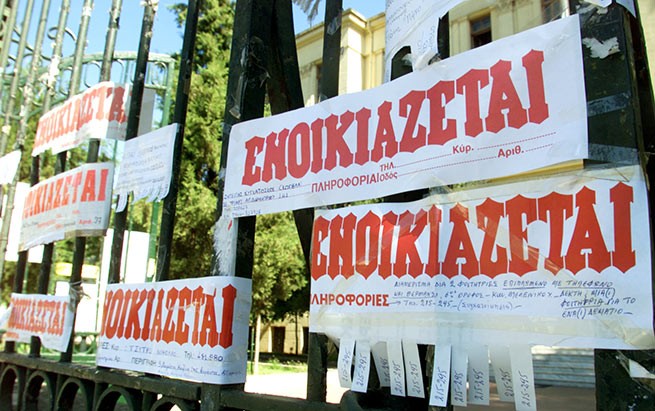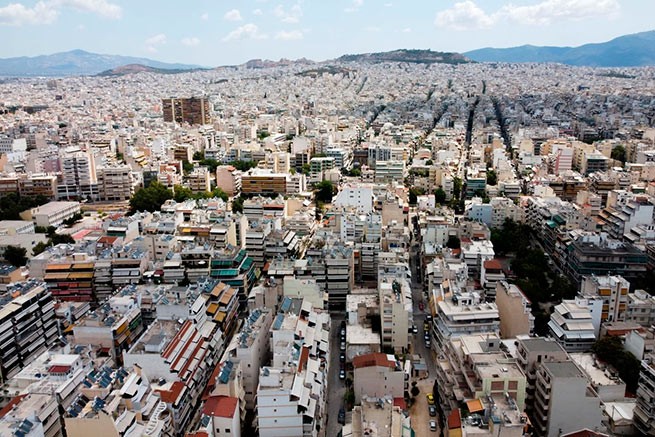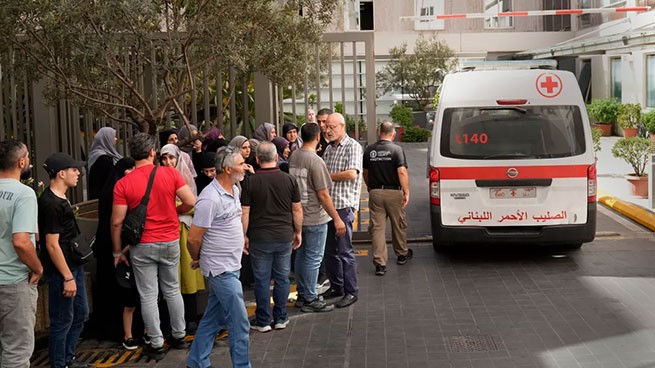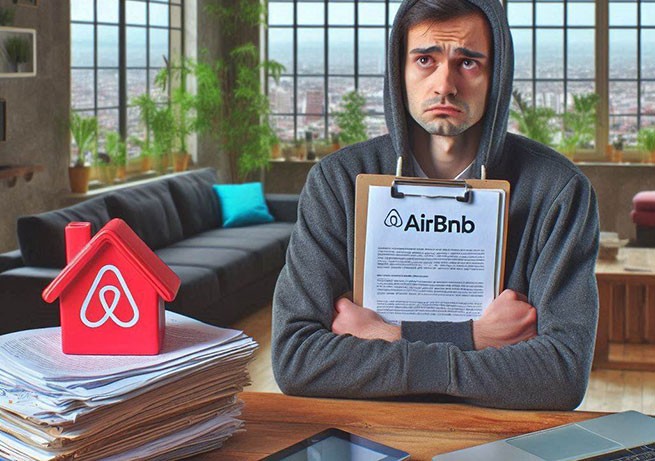Owners Airbnb will find themselves in strict limits, thanks to new planwhich the government is preparing to present in the fall. However, due to this year's tourist season, plan announcement postponed.
But for property owners this plan is not a “red flag” in itself, as the Airbnb tax framework became law several months ago. In accordance with it, each real estate object that is an object of operation is considered an object of taxation and, accordingly, is subject to business tax.
This is why short-term rental owners (like Airbnb) have filed a lawsuit against the tax measure. In June, the Short-Term Rental Association (STAMA) filed an appeal with the Council of State. It will be heard in October.

The decision of the Supreme Council of State (the Greek Supreme Court) coincided with new statements by the government, creating another open “front” for the economic headquarters with market players.
Airbnb owners say the move to tax each property (€600) rented out for short-term by legal entities is intolerable. VAT, visitor tax and overnight climate change levy have already been introduced.
The Treasury Department is trying to control those who list their homes on Airbnb without declaring their income. The framework he introduced will allow homeowners to rent out properties they inherited from their parents or grandparents on Airbnb to earn extra income. Considering that if he owns a large amount of real estate, he will have to operate as a company and be taxed accordingly.
Scenarios
The new government measures aim to combat the housing crisis and contain rental prices. In particular, the plan under discussion provides for the following:
- Prohibition on short-term rental of more than two properties per one VAT number of the income recipient.
- The rental period for each property must not exceed 90 days, and for islands with a population of less than 10,000 people – 60 days per calendar year.
- Exceeding the period specified in the previous subparagraph is permitted if the total income of the lessor or subtenant from all real estate owned by him does not exceed 12,000 euros per tax year.
- A maximum number of short-term rental properties will be established per municipality.
Each municipality, by decision of the municipal council, must determine the maximum number of properties that may be entered into the Register of Short-Term Rental Properties. The following measures have already been implemented since the beginning of 2024:
- The operation of three or more properties will be considered entrepreneurial activity, as a result of which persons receiving income from short-term rentals will be required to pay the relevant insurance contributions, business tax and VAT on the first property.
In addition, the minimum income subject to declaration to tax authorities in 2025 will be calculated based on the imputed income of self-employed individuals. - Introduction of a 0.5% residence tax for transit persons, regardless of the number of real estate properties.
- Introduction of a “climate resistance” fee of 1.5 euros per day and per room or apartment during the period from March to October.
While from November to February the fee is 0.50 euros. For detached houses with an area of over 80 m², the fee is 10 euros. The fee is collected from the tenant who used the room or apartment. - Tightening of penalties for failure to register short-term rental properties in the register. In particular, a separate administrative fine is introduced, equal to 50% of the gross income of the tax year in which the violation was committed, which cannot be less than 5,000 euros.
- Short-term rental is defined as the letting or subletting of real property for a specified period of time, less than 60 days, and where no services other than accommodation and bedding are provided.
This allows, for example, the rental of real estate for 100 or 150 days per year, provided that each individual rental period does not exceed 60 days.

Example of Spain
Spain has officially announced that it will ban Airbnb rentals for tourists from 2028, a surprisingly radical move aimed at curbing the rapidly rising cost of housing in recent years. which made many cities in the country inaccessible to most of their residents. In Barcelona alone there are over 10,000 properties available for short-term rent.
At the same time, short-term rentals in the Spanish city have been growing rapidly led to an increase in housing pricesin particular, over the past 10 years Rental prices rose by 68%, while property purchase prices increased by 38%..
Megaro Maximo “slows down” short-term rental activity in high-demand areas
The Greek government, for its part, is trying to restrict the activities of Airbnb (and other similar platforms) in areas of the country where the market has seen a huge boom in recent years (such as Koukaki). Authorities have set a limit on the number of properties that can be rented out short-term to free up space for long-term rentals.

Let us remember that in our country there is serious problem of housing crisis, because the rent (due to high demand and low availability of real estate) has jumped to incredible levels. Rental prices have risen to such an extent that a family of 3-4 people needs at least 800 euros per month to afford decent housing.
As for the capital region of Attica, among “developed areas” The municipalities of Athens, Kallithea, Alimos, Glyfada, Moschatos, Nea Smyrni, Palaio Faliro, Vouliagmeni, Nea Makris, Anavyssos and Piraeus stand out. There are currently 21,782 Airbnb units operating in these areas, while there are 16,900 registered Airbnb properties in central Athens alone.







More Stories
140 new 'green' buses are running in Athens
Medicines: rising costs for citizens
BRICS and G7: New Energy Race and Struggle for Resources